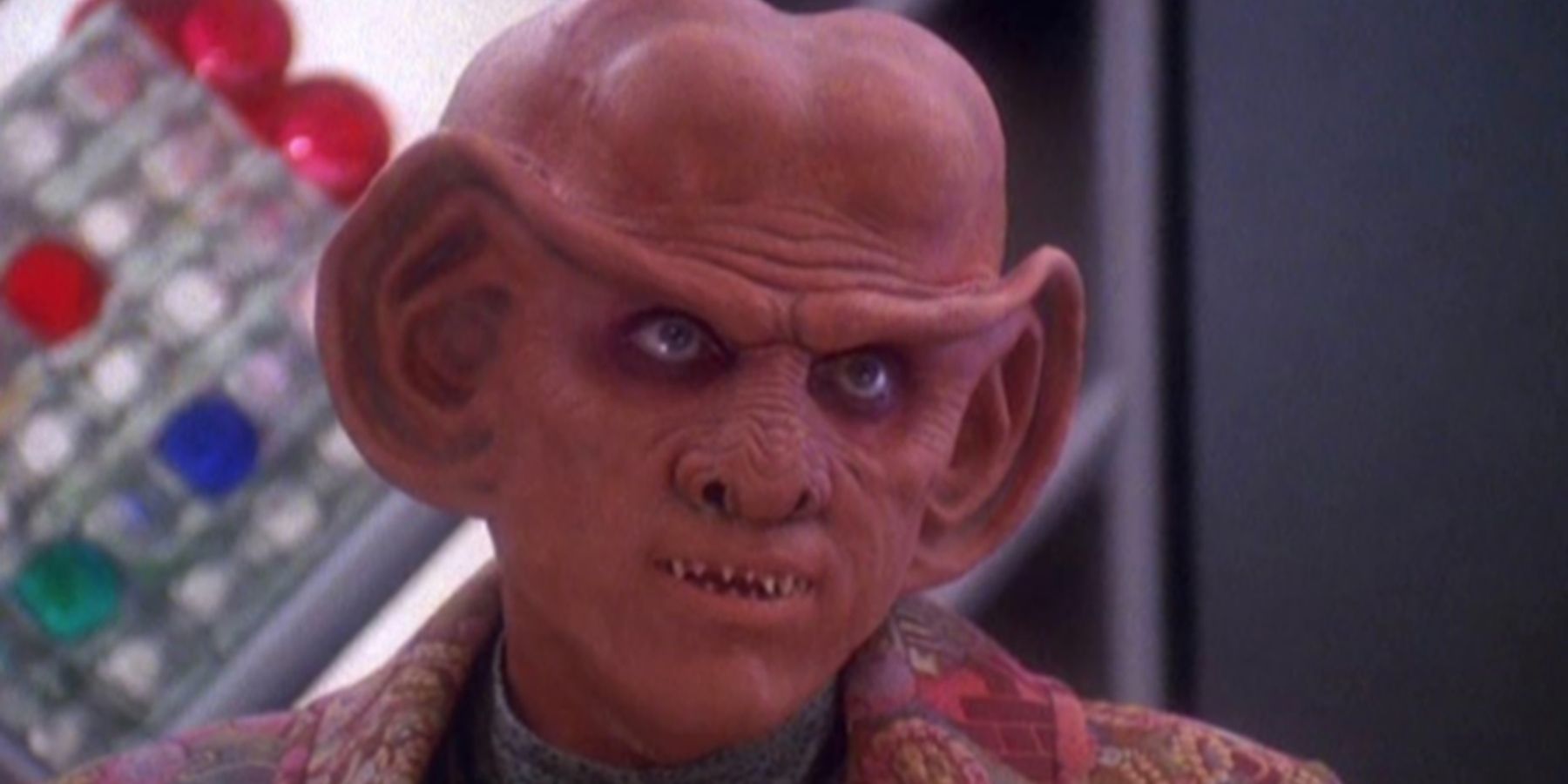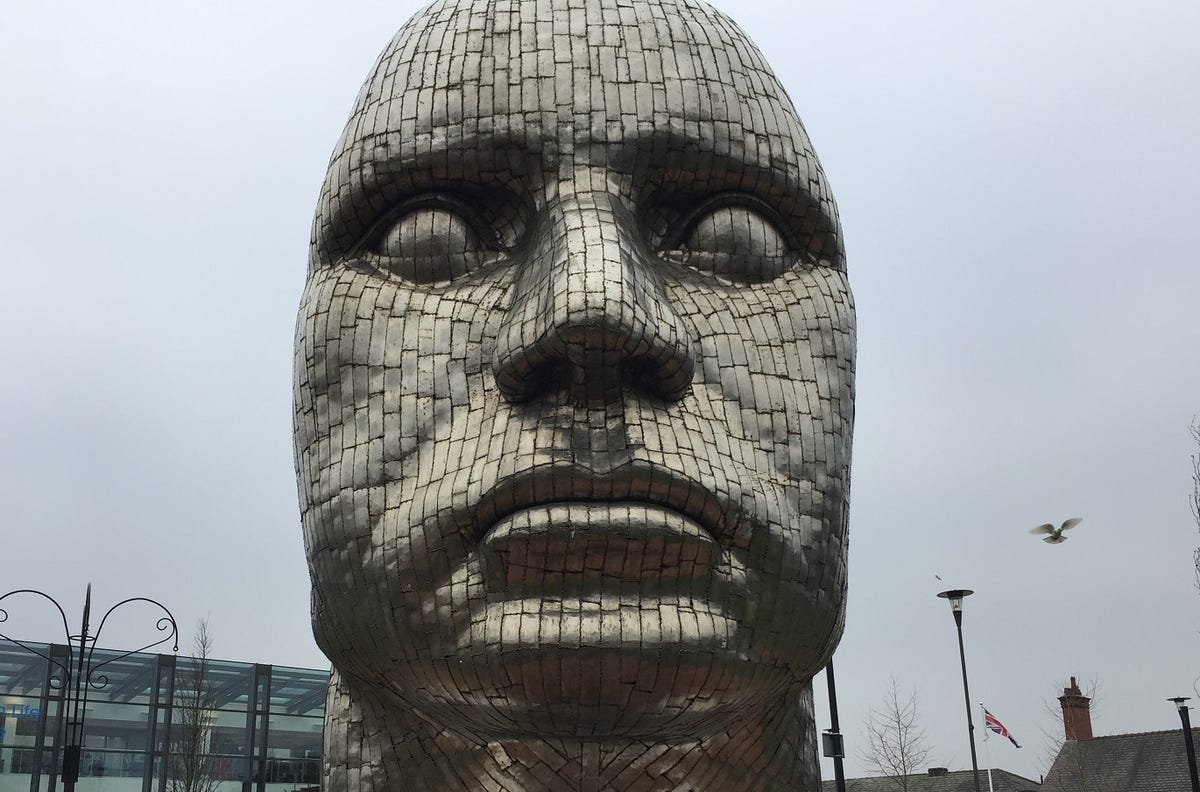Well, there's no reason to repeat what hasn't worked before. I just think that we can do better. Why does everything have to be determined by principles of competition, growth, and profit? Why is this what it means to many for society to advance? Is this really an inevitable final state of human societies? I don't have enough knowledge of the humanities for more detail on what alternatives might be (beyond what I suggest below), but I would say the answer to the latest question is no. There is nothing about our biology that maps to capitalism; brutal warfare perhaps, but not capitalism.
I would say the worst aspect of capitalism is really the competitive aspect. This is the aspect that will result in you, I, or anyone else getting laid off so that they can be replaced by an AI so that another margin can be shaved off. If I understand capitalism correctly, it is not enough to simply do well, one has to be doing the best, which is why we might see measures like this. Note that the consumer has a very different idea of what "the best" means; they might not be delighted to deal with AI tech support that is always answering the wrong questions.
I think if we could reduce or remove the highly competitive aspect of capitalism, we might be ok. Firms should operate in such a way as to benefit consumers and workers, which I think is something you agree with me on.
(I also don't believe hyper-competitiveness necessarily results in greater quality or efficiency, although I think in some ways it might. I particularly have rants about this with regards to health care. )
The bolded is the general sentiment, whether it improving things through technology or through improvements to our economic systems.
We can argue about the track records broadly speaking. But keep in mind, even the discussion we are having here is due to the internet. The internet helped bring down the Berlin wall. Unions have been responsible for the 40 hour work week and protections against child labor.
But technological development led to the nuclear bombing of Nagasaki and Hiroshima. It led to social media (which BTW, simply amplified the ills the media already produced).
You could argue that
taken to extremes, reworking economic systems, led us to Mao Zedong, who killed more people than Hitler and Stalin combined.
I don't like the "-isms" because everyone will try to hide their whole viewpoint and argument inside of definitions. Our current economic system isn't broadly speaking any supporter of capitalism's conception of it (they will call our current system socialism for the rich or something like that).
So, lets just avoid "isms". Our current economic system is f'd up. I think almost every one agrees on that.
I think, at least among people in this thread, rampant inequality is a problem we all agree on. The lack of ability for people in the bottom 90% to share in the prosperity of our economic system is something I believe we agree on as well.
I am ambivalent on competition. Ultimately, as I have mentioned before, I think most people just want to be able to make the world a little better than when we came into it while still supporting ourselves and our families.
There are aspects of our current economic system that make this hard for a lot of people (myself included-especially given the brain issues I now have).
But as I have been trying to stress over and over in this thread, open source is our way out. Let's be fully honest about which jobs are going to be lost first due to AI -- it will be those of Software Engineers. Nobody understands the work requirements of Software Engineers better than other Software Engineers (who are building the AIs).
But open source development (and ownership by the broader community under Apache 2.0 or MIT licenses) is where we take out the destructive aspects competition. Competition among projects will tend to favor one project over another, but once that consensus starts to form (and over time, in the absence of regulatory capture, open-source has always beaten closed or proprietary alternatives). The developers can move to working on the projects that are winning and keep improving on the commons used by more people.
The commercial viability of these projects is still being worked out. But careers have been built on being able to navigate it and build companies around open source. There are probably many examples. However, in particular,
Travis Oliphant, has spearheaded the
NumPy,
SciPy,
Numba and
Anaconda projects. These projects along with many others that
Open Teams, a company of his, builds forms the backbone of open source strands of AI.
A new economic model is being formed, one that dampens the winner-take-all competition of Big Tech. It's Little Tech. It's Open Source.
Being an Open Source developer may be the only type of job a software engineer can have in the near future -- at least one with any dignity (instead of being thought of and treated like a basement dweller by the political science/business majors who run the big corporations).
But in a twist of fate,
the very impulses that aims to take down Big Tech would kill Little Tech in its cradle and leave Big Tech virtually unscathed.





